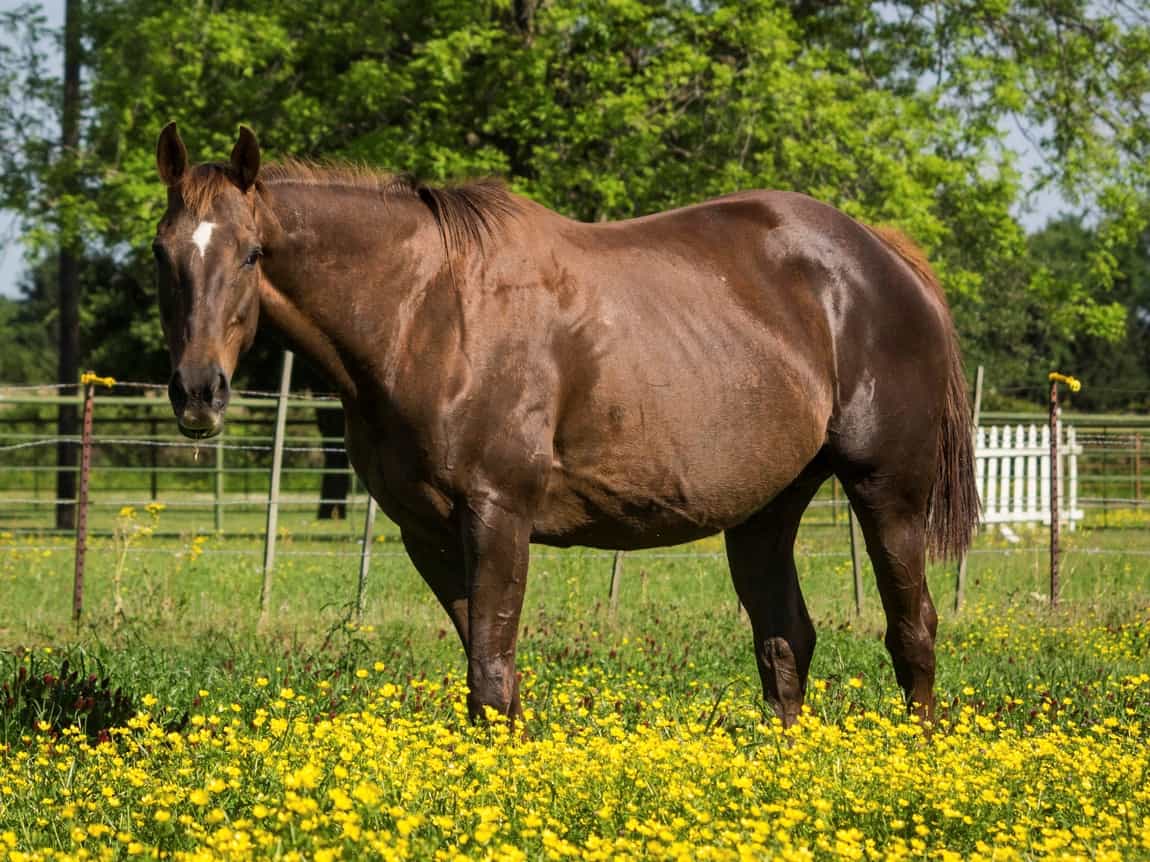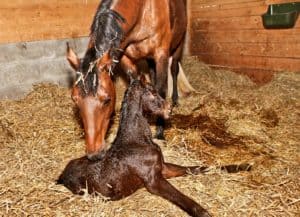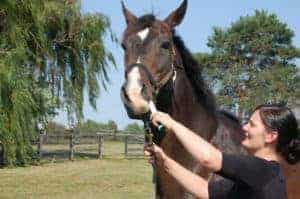Equine Pregnancy Rates After In Vitro Embryo Freezing

“The good thing about these in vitro embryos is that they’re very small compared to flushed embryos, and they don’t have that embryonic capsule,” fluid that causes issues with cryopreservation (freezing), said Anthony Claes, DVM, PhD, Dipl. ACT, assistant professor in equine reproduction at the Utrecht University Faculty of Veterinary Medicine, in the Netherlands.
Claes and colleagues produced 261 equine in vitro embryos using intracytoplasmic sperm injection (ICSI) and cultured them up to the blastocyst stage. Then, they froze (cryopreserved) them and stored them—some for up to two years, he said. Later, they thawed the embryos and implanted them in recipient mares at four, five, or six days after ovulation. Finally, the researchers investigated other factors that might influence pregnancy success, such as mare age and management, season, and more.
Overall, they found 56% pregnancy rate up to 37 days after implantation. However, of those, 16% failed before 42 days of gestation, he said
Create a free account with TheHorse.com to view this content.
TheHorse.com is home to thousands of free articles about horse health care. In order to access some of our exclusive free content, you must be signed into TheHorse.com.
Start your free account today!
Already have an account?
and continue reading.

Written by:
Christa Lesté-Lasserre, MA
Related Articles
Stay on top of the most recent Horse Health news with












